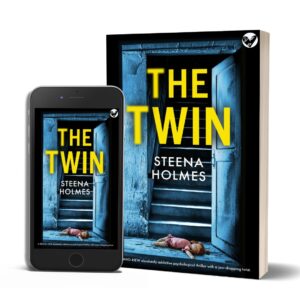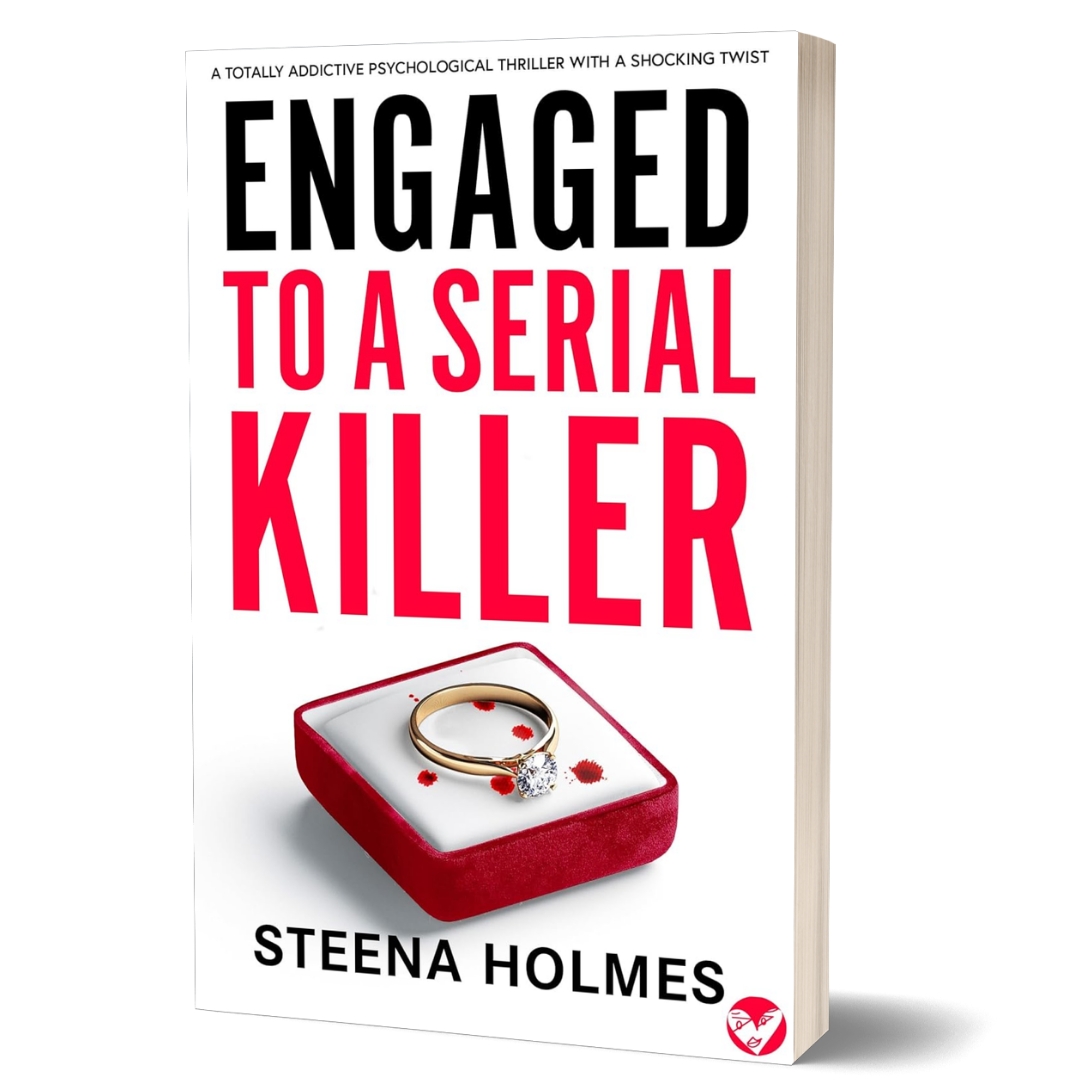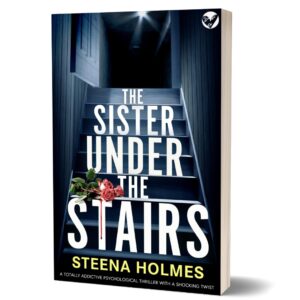>
 As part of my determination to read more books outside my comfort zone – I would like to introduce you to Frances Lefkowitz, the author of TO HAVE NOT: A MEMOIR. I have the privilege of having Frances guest post here. I hope you enjoy this as much as I did!
As part of my determination to read more books outside my comfort zone – I would like to introduce you to Frances Lefkowitz, the author of TO HAVE NOT: A MEMOIR. I have the privilege of having Frances guest post here. I hope you enjoy this as much as I did!You may recognize her name as Frances is the book editor for Good Housekeeping. Coming from meager upbringings and a handful of hardships, Frances tells an inspiring and interesting story of her rise from poverty in San Francisco to her Ivy League education and becoming a magazine editor out East. From the publisher that brought us A Time Traveler’s Wife comes this amazing story that I hope you’ll add to your must-read list.
Torch Songs & Diaries
The secret to writing about yourself
At the reading events for my memoir To Have Not, one of the Qs that always comes up in the Q+A is some variation on this: “Was writing this book therapeutic for you?” It’s a fair question, given that the book is about overcoming a rough-and-tumble childhood to become the fairly presentable well-adjusted person I am today. But the answer is a resounding “No.” In fact, I’d venture to say that if your writing feels therapeutic, it is probably not ready to go public.
I’m all in favor of writing for therapy; indeed I have 35 years worth of journals hanging around, and those notebooks have often been my best friends and only confidantes. At times I have written snippets in them that I’d go on to refine in some of my published work, including my book. But I would never want anyone else to read them. That’s because there’s a giant gap between writing to express or process your own experiences and emotions, and writing to find the salient or universal story in your experiences and then to communicate it to the world. The first is therapy; the second is literature.
The secret to writing about yourself in a literary way is to create a balance between closeness and distance to what you are writing about. If you are too close to the events and people (including yourself or your younger self), your emotions will get in the way, skew your perspective, and make you unable to see the whole picture. If, on the other hand, you are too far from them—too many years have passed, or you have protected yourself from powerful memories—then your writing will feel flat. Try for someplace in between, where you can tap into the feelings, but not get overwhelmed by them. When I was writing about myself in To Have Not, it felt like I was writing about a fictional character who I knew intimately; I often referred to her as “she,” rather than “I.” That’s how I knew I had achieved the balance between distance and proximity.
Imagine one of those great torch singers belting a he-done-me-wrong ballad. She must reach into her own experience of heartbreak; otherwise, how could she get it so right with every nuance of her voice? But a few seconds later, she’s singing an upbeat, I’m-so-happy tune. It’s this same ability to tap into, then out of, authentic emotions that makes good writing, especially when writing about yourself.
www.twitter.com/MeetFrances




>Hi Vince, While writing the early drafts, I used both first and third person: it helped free me up. But in editing, I eliminated much but not all of the third person. The result is that it reads smoothly, cohesively, but still flows back and forth, switching to the more distant voice in key moments.
>Hi Frances:Did you write your book in third person and treat it as a biography or did you go first person and make it read like an autobiography? Vince
>I just came across an old journal that I would definitely not want anyone else to read! Though the heartache and disillusionment I felt at the time I wrote in it was very real, I was cracking up, cringing, and seriously contemplating burning it. I can definitely see why there has to be some distance from those very personal writings and those you send out for the world to read.
>Thanks, Vicki. I admire your courage: I often think about trashing those ancient journals, but haven't yet found the guts to do so!
>I completely, 100% agree with her about writing as therapy vs. writing for public consumption. There is no way I want anyone reading the stuff that was therapy…which is probably why I ultimately destroyed those.